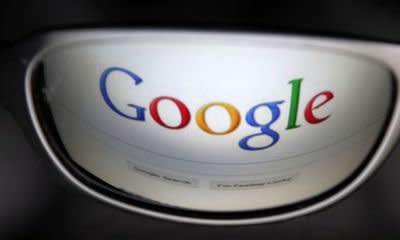Google plans to punish websites publishing fake news

Google has said it is working on a new policy to restrict lucrative adverts from being placed on fake news websites.
Technology companies have been under increased scrutiny in the wake of the US election, amid allegations some Silicon Valley giants have failed to protect their users from inaccurate content .
A Google spokeswoman said: "Moving forward, we will restrict ad serving on pages that misrepresent, misstate, or conceal information about the publisher, the publisher's content or the primary purpose of the web property."
Only on Monday, a fake story which claimed Donald Trump received 700,000 votes more than Hillary Clinton was given a prominent slot in Google rankings for the phrase "final election results".
The article was from the pro-Trump "70 News (Other OTC: NWSAL - news) " website, and still appears high up in Google's search results even though the tech company has acknowledged the error.
Although Mr Trump won the presidency after receiving the most Electoral College votes, the Republican is actually trailing Mrs Clinton in the popular vote.
Google's new policy, which could be enforced imminently, may give sites a bigger incentive to offer accurate information to readers - or face losing a hefty chunk of their revenue.
Facebook (NasdaqGS: FB - news) is another tech company that has faced allegations of potentially swaying the election's outcome by promoting fake news stories on its social network - amid research that suggests about 60% of Americans get at least some, or all, of their news from social media.
On Saturday, chief executive Mark Zuckerberg said "more than 99% of what people see" on Facebook is authentic.
He wrote in a post: "Identifying the 'truth' is complicated. While some hoaxes can be completely debunked, a greater amount of content, including from mainstream sources, often gets the basic idea right but some details wrong or omitted."
Google said it was working on a policy change to prevent websites that misrepresent content from using its AdSense network while Facebook updated its advertising policies to state that its ban on deceptive and misleading content applies to fake news.

 Yahoo Finance
Yahoo Finance 